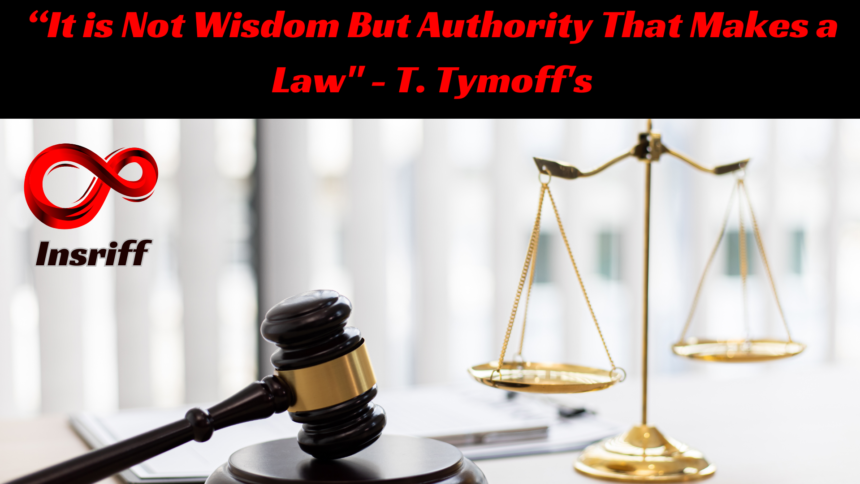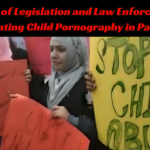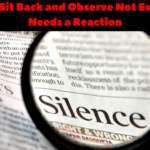It is a first-rate quote from famous author T. Tymoffs “It is Not Wisdom But Authority That Makes a Law. It performs a sparking function in the law and governance of any full-size debate and contemplation.
This word exposes our preconceived beliefs about the principles of prison structures and pushes us to appearance deeper into the dynamics of three things which might be
- Authority.
- Wisdom.
- Nature of interaction in forming the legal guidelines that govern society.
The Interplay of Authority and Wisdom in Legal Systems
As an Advocate, I will provide you with the authority interplay and spotlight its expertise in prison systems. It includes 6 fundamental steps, which can be
1. Authority and Law Enforcement
Tymoff’s quote captures a key element of regulation enforcement which incorporates the the position of authority in implementing and upholding legal guidelines. Governments and legislatures have the authority to establish laws, and law enforcement organisations ensure that they’re enforced. This electricity is critical for keeping social order and averting crises.
However, Tymoff’s assertion additionally increases issues regarding the capability misuse of authority. When laws are solely primarily based on authority without considering expertise and fairness, they will emerge as oppressive or unjust, contradicting the hobbies of the human beings they govern.
2. The Authority Dilemma
Perhaps you’re conscious that at the heart of authority is the complicated interaction of power and responsibility within the nation-states of law and authorities. While authority is essential for making and executing legal guidelines, immoderate use may additionally threaten justice and social peace. This trouble becomes extremely significant when authority is exercised without judgment, resulting in the passage of legal guidelines which are arbitrary, harsh, or unjust.
3. Legislative Authority
The power of rules is the 3rd top important element. Every rule and regulation that applies to an enterprise or enterprise comes from a body of collective expertise. The intention of legalising policies is to hold social harmony and order.
4. Wisdom vs Authority
Laws are set up with the aid of authority, however purpose adds to their virtue and equality. Wisdom consists of social norms, moral considerations, and foresight all of which are vital to developing legal guidelines which can be honest and easy to understand. If you need effective rules a balance must be concerned between authority and expertise.
5. Historical Perspectives
Throughout the report, we’ve seen instances in which authoritarian regimes prioritized authority over know-how, imposing unjust legal guidelines to maintain control.
However, on important occasions, know-how succeeds over restricted authority, which is essential for changing disproportionate criminal policies through social change.
6. Contemporary Applications
In modern democracies, criminal structures generally tend to include both authority and recognition. Elected representatives broaden prison guidelines based completely on social statistics, even as establishments uphold these felony pointers with their authority. Furthermore, current-day debates approximately law revolve around ethical concerns, emphasizing the significance of expertise in jail choice.
Conclusion
T. Tymoff’s statement demands situations we reconsider the dynamic among authority and knowledge in rules. While authority provides the framework of guilt, recognition serves as the ethical compass that guides the arrival of legal suggestions. Achieving harmony among those two elements is crucial to ensure that felony recommendations reflect the values and hobbies of society.
By applying information and T. Tymoff’s insights, legal systems can strive toward greater fairness, justice, and social interest.
FAQS
Q1: Who first used the adage “It isn’t wisdom however authority that makes a law”?
The proverb is often credited to Thomas Hobbes who was a truth seeker from the seventeenth century and he coined the expression in his influential work “Leviathan.”
Q2: How can awareness be carried out to modern-day law?
Wisdom for innovative legislation can be accomplished using certain stakeholders, including legal professionals, advisory panels, and public engagement in the legislative process. Their different perspectives and minds help create laws that are simple and uniform, reflect social values and fulfil the aspirations of all citizens.
Q3: What are the consequences of neglecting wisdom while writing legal guidelines?
When understanding is ignored and my own authority drives the legislative technique, there is an additional risk of approving unfair or unjust regulation. Such laws can cause social unrest, discontent and a lack of religion in government institutions. As a result, recalling information with authority along the way is crucial to ensure that legal guidelines are considered fair, honest, and in the best interests of society.










This article offers a thought-provoking perspective on the balance between authority and wisdom. It’s crucial for our legal system to consider ethics and social values alongside enforcement.
I really appreciate how you broke down the complex relationship between authority and wisdom in legal systems. It’s a reminder that laws should reflect fairness and not just power.